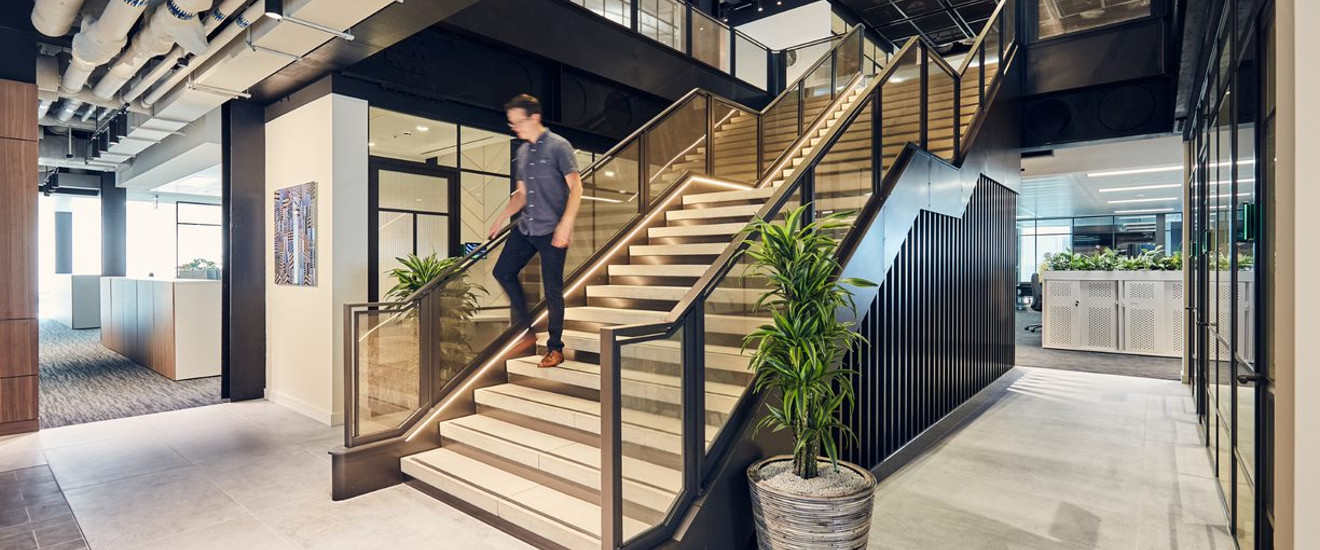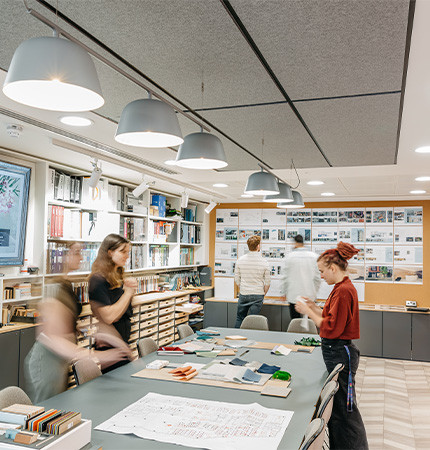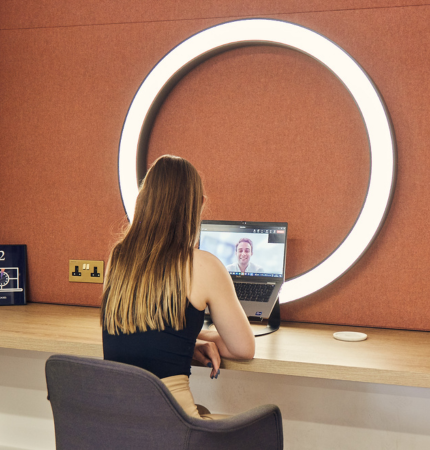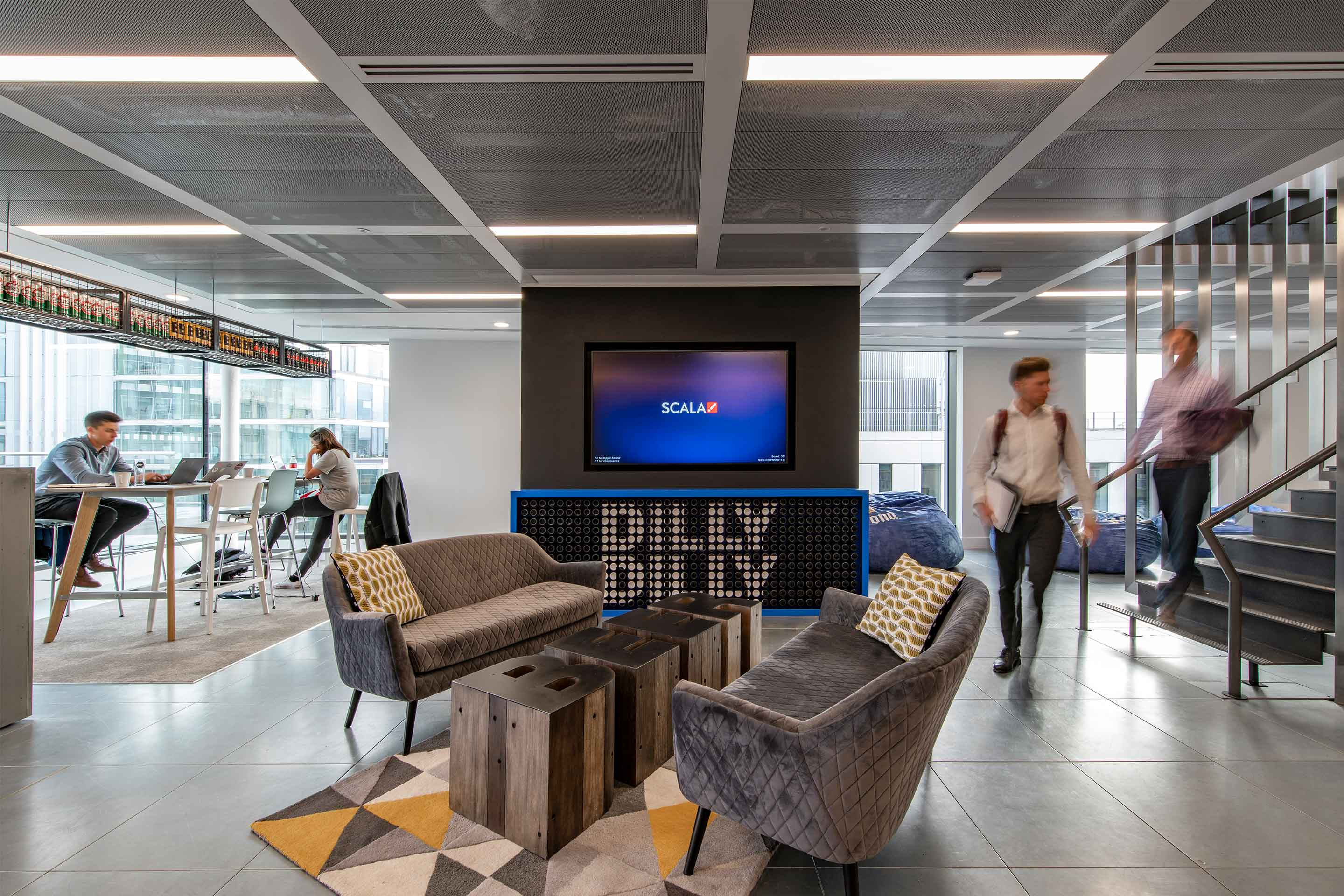Only a Third of Londoners Would Want to Commute with a Colleague
New research reveals that only a third (35%) of Londoners would be happy to commute with colleagues, suggesting that Londoners value an independent journey to work but many say their London commute stops them from going into office altogether.

New research reveals that only a third (35%) of Londoners would be happy to commute with colleagues, suggesting that Londoners value an independent journey to work.
Research also shows they are not alone, with the same research producing similar figures in Sydney (37%) and Hong Kong (38%). In fact, the only city where more people were in favour of commuting with a colleague than against, was New York, where 45% said they would want to share the journey – 20% were indifferent either way.
Commute frustrations
However, the research revealed a dissatisfaction with the commute more broadly among Londoners, with 46% saying their commute stopped them coming to the office. So, what are the barriers? One in four explained that it’s too stressful (23%) or too long (28%) and more than a third said it’s too expensive (34%). In this context, it’s no surprise that many don’t want to add socialising with a colleague into the mix.
The commute acts as a buffer
Given these insights, we see an opportunity for employers to rethink how they support their teams’ commute experiences. Allowing employees to take advantage of their commute time, prepare for the day or decompress afterwards in ways that are productive and pleasant for them, will revolutionise the workday experience and benefit everyone. By addressing the common pain points of commuting, we can help transform this often-dreaded part of the day into something more manageable – even enjoyable.
It’s no surprise that people are protective over their alone time on the commute – it’s a vital buffer between our work and personal lives, one increasingly infringed upon by hybrid working. Giving people more flexibility around the commute will help them get some of this time back, and protect much-valued alone time. How it was “getting in” and “going home” is a huge part of how we evaluate our day. User experience is a key metric in creating successful destinations so anything we can do to make commuting easier will result in people enjoying the office more, being happier and more effective when they get there.


Insights and Solutions
Behaviourally we are taught work starts at 9am, with the majority of travellers creating strains on transportation early morning. The best way to beat the rush hour is to leave after it. Shifting start times, or providing other commuting methods like cycling amenities, will go a long way and demonstrate that an employer is prioritising the experience beyond the front doors.
Simple measures can make a big difference. By offering team members flexible start times or promoting active commutes – companies can help to ease the strain of rush hour that can set the tone for the day.
Ultimately, how we “get in” and “go home” can have a huge impact. By enhancing the commute, employers can improve how people feel about coming into the office. And as employers, anything we can do to make this experience smoother will have a lasting impact on workplace satisfaction and effectiveness.

Source
This research was conducted by Censuswide with 4008 office-based employees (full time or part time), who work in London, New York, Hong Kong, Sydney (18+) between 23.11.2023 and 06.12.2023. Censuswide abide by and employ members of the Market Research Society which is based on the ESOMAR principles and are members of The British Polling Council.

Start your workplace transformation today.
Your workplace holds enormous potential to improve your business performance. Get in touch today, and we will unlock that potential together.
